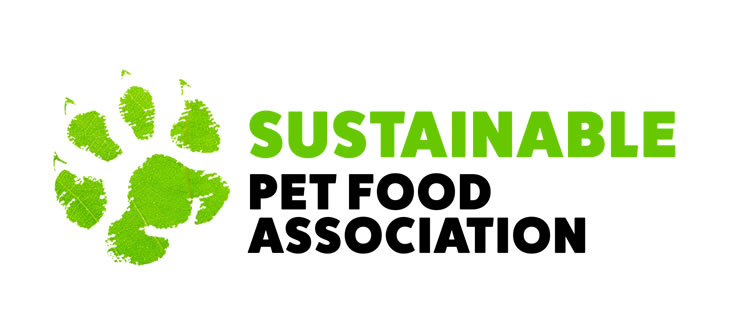FAQ’s
We answer your queries that concern you
LONDON VET SHOW 2022
Concerns that we have as vets and we share our answers with you from our own research
Is it safe to feed dogs a vegan/vegetarian diet?
RCVS Small Animal Nutrition Specialist Dr Mike Davies (2022) surveyed 100 dog guardians who had switched to a nutritionally complete vegan dog food. Clear improvements after 3 – 12 months were reported in coat glossiness, dandruff, itchiness, external ear canal crusting, faecal consistency, antisocial smell and anxiety.
“There are now eight studies or veterinary masters theses, examining health outcomes in dogs maintained on vegan or vegetarian diets. Seven studies now support the use of these diets. The weight of evidence now overwhelmingly supports the use of nutritionally sound vegan dog food.”
Prof Andrew Knight
Vet and Professor of Animal Welfare
Fortunately, we have the growth of 5 new independent companies in the UK that have produced diets that are balanced with the correct amounts of amino acids added to ensure that no nutrients are lacking. As legumes form a large part of the nutrient content of these new diets; it is important to provide these extra amino acids such as Taurine and Methionine to prevent any concerns over dogs developing DCM. These companies all have the correct addition of FEDIAF compliant Vit D3.
Everything about these companies is sustainable right down to the packaging and whole ethos of each new company and we applaud them for this.
As long as all the nutrients are present in the commercial dog food, is does not matter if the elements that make up the food come from a plant or from an animal. Plant-based proteins tend to be pure proteins with no contaminants such as heavy metals found in fish-based pet foods.
Why is raw feeding of pets to be avoided?
The concerns over the increased risks of feeding pets a raw food diet have not gone away even with the attempt by the raw feeding association to claim that raw feeding is safe.
Please see the latest advice and research below with a reminder of antibiotic resistant E-Coli present in raw fed dog dogs that pose a particularly significant risk to our future environmental and global health.
See latest statistics on Salmonella Outbreaks (Nov 22)

What of the sentience of invertebrates?
Arthropods and invertebrates are widely used in many pet medications or foods that contain chondroitin. Lates research shows that octopuses, crabs and lobsters are sentient with the ability to feel pain and react to it as shown in this article published in December 2022.
Read more about the BVA view on cephalopods.
Environmental impact of dog and cat foods
Where we should be ultimately aiming for a 5 tonne lifestyle as humans…this quote in the article is shocking:
‘This average dog would be responsible for 828.37 kg of CO2eq per year if consuming dry diets or 6,541 kg of CO2eq per year if consuming wet diets.’
This highlights the sheer numbers- the carbon cost of this dog on a wet diet equalling one western human’s entire yearly carbon emissions’ (as we aim to reduce them). A dry diet nearly a fifth…another reason the promote plant-based diets in dogs.
Is fish a species-appropriate food to feed our pets?
No, fish is not species appropriate for either cats or dogs. It has been used in both cat and dog foods, but both species would never naturally ‘hunt’ fish with cats being primarily desert-dwellers in their past.
For this reason, and for the reason that many cats display allergies to fish containing pet foods, we would highly recommend that ALL PET FOODS CONTAINING FISH ARE TO BE AVOIDED.
Dr Mike Davies has published research that dogs fed a primarily fish-based diet show high levels of arsenic in their fur. Fish oils need to go through a number of purification processes to be safe for use. Our oceans need to be safe guarded for our future with overfishing proving a particular threat to the future of our oceans.
There is the addition of far more sustainable Omega 3’s used in vegan dog foods rather than resorting to non-sustainable fish oils. This is Omega 3 in its purest form from Algae oil (where fish get their Omega 3’s from).

